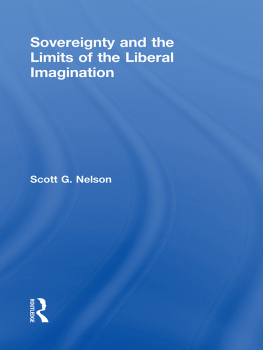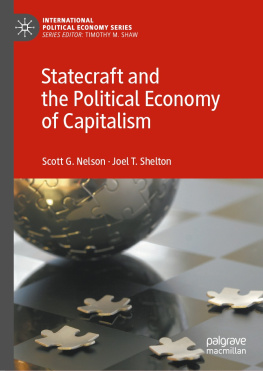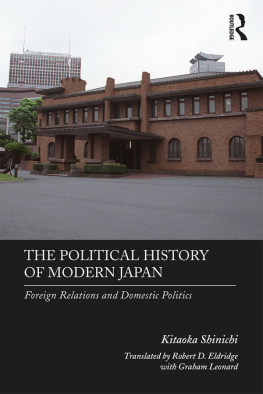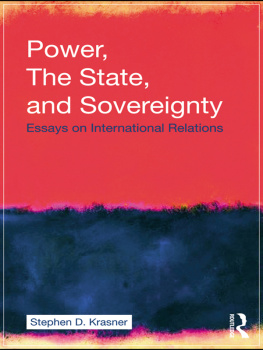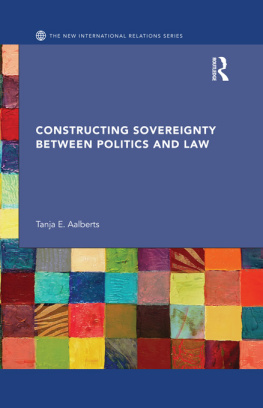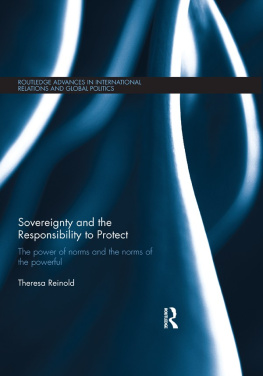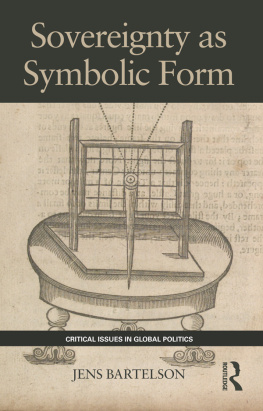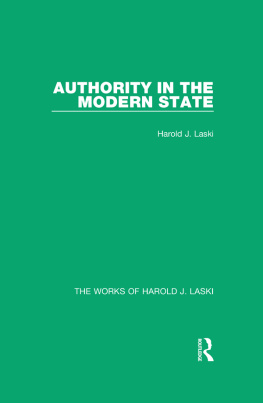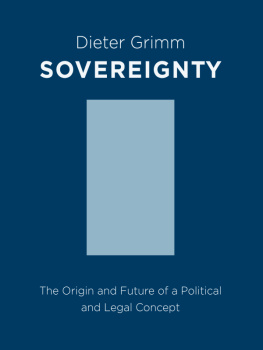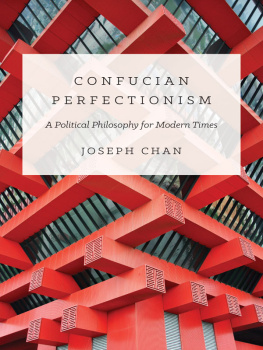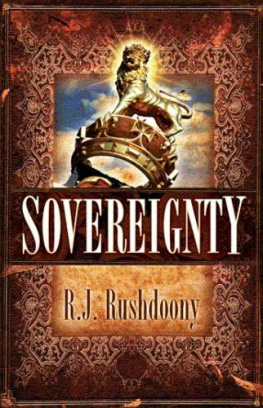Sovereignty and the Limits of the Liberal Imagination
This volume examines and critiques several of the classical theoretical foundations of domestic and international organization, concentrating on the contestable conceptions of community, order, justice, freedom, responsibility, and wealth developed by the major political theorists of the modern epoch.
Nelson argues that the accepted discourses of world politics are constructed by way of particular interpretive negotiations of what sovereign power is and what it must be made to accomplish in domestic and world politics. Providing a Foucaultian analysis of modern power and the liberal subject, this work traces the history of modern inquiries into sovereignty to a time when the state was being severed from a Christian eschatology, a time when political theorists sought ways of lending meaning and purpose to emerging conceptions of the political.
Modern theories of sovereignty, Nelson argues, embody the remainders of a deep worry over the precarious nature of legitimacy, the contingency of power, and the frailty of any political form. The theoretical traditions of liberalism and the Enlightenment dispense with anxiety over the politics of legitimacy by repressing the historical, constricting the political, and fashioning political rationalities suited to increasingly intimate and ever-expansive forms of liberal governance. This book aims to explore how modern theories of sovereignty elicit and effect governable subjects and forms of political community that have proven crucial to intensifying and expansive powers of the liberal state.
An inquiry into modern theories of sovereignty and statecraft and a critical interrogation of how political theories are invoked by the traditions of international relations across the modern era, this volume will be of interest to all scholars of political theory, political philosophy, and international relations.
Scott G. Nelson is Assistant Professor in the Department of Political Science at Virginia Polytechnic Institute and State University, where he teaches international relations and political theory.
Sovereignty and the Limits of the Liberal Imagination
Scott G. Nelson

LONDON AND NEW YORK
First published 2010
by Routledge
2 Park Square, Milton Park, Abingdon, Oxon, OX14 4RN
Simultaneously published in the USA and Canada
by Routledge
270 Madison Avenue, New York, NY 10016
Routledge is an imprint of the Taylor & Francis Group, an informa business
This edition published in the Taylor & Francis e-Library, 2009.
To purchase your own copy of this or any of Taylor & Francis or Routledges collection of thousands of eBooks please go to www.eBookstore.tandf.co.uk.
2010 Scott G. Nelson
All rights reserved. No part of this book may be reprinted or
reproduced or utilised in any form or by any electronic,
mechanical, or other means, now known or hereafter
invented, including photocopying and recording, or in any
information storage or retrieval system, without permission in
writing from the publishers.
British Library Cataloguing in Publication Data
A catalogue record for this book is available from the British Library
Library of Congress Cataloging in Publication Data
Nelson, Scott G.
Sovereignty and the limits of the liberal imagination / Scott G. Nelson.
p. cm.
Includes bibliographical references and index.
1. SovereigntyHistory. 2. LiberalismHistory. 3. Enlightenment. I. Title.
JC327.N45 2009
320.1'5dc22
2009013238
ISBN 0-203-86941-9 Master e-book ISBN
ISBN10: 0415777844 (hbk)
ISBN10: 0203869419 (ebk)
ISBN13: 9780415777841 (hbk)
ISBN13: 9780203869413 (ebk)
In memory of George S. Garrigan
Contents
Preface
This is a book about power, traditions, and texts, about the manner in which moderns have valorized conceptions of politics and community. If we accept, following Michel Foucault, that powers success is proportional to its ability to hide its own mechanisms (Foucault 1980: 86), and consequently, that a substantial effect of power is the deflection of a would-be critical gaze upon it, then one task of analysis is to inquire into the historiography of communal forms which are an effect of power so constituted.
The book is concerned with a concept sovereignty that is much more than the anchor of legitimate authority the classical liberal tradition purports it to be. It is also much more than a requisite feature (or an ideal) which a field of political thought, international relations theory, understands to abound in a system of states jostling for position and advantage. My aim is to explore how modern theories of sovereignty elicit and effect governable subjects and forms of political community that have proven crucial to the intensifying and expansive powers of the liberal state.
Isaiah Berlin once wrote that political concepts and the categories of analysis applied to them are properly the concern of political theorists, scholars who endeavor to contextualize time-honored ideas and habits of moral and political reflection, exploring how political values become articulated and affirmed in particular societies, how they acquire an economy of meaning, how they find themselves engaged with and opposed to concepts prevalent in other societies (or operating within other fields of inquiry), how, in short, certain values reconstitute political reflection and give rise to the imagined possibilities of a political life. Berlin agreed with Kant that political theory can only be properly practiced in free societies. Neither questioned how theoretical activity becomes invested in the nature and geo-spatial composition of a society that claims to rule itself freely. This book pursues what is at stake in just this investment. It situates sovereignty within the matrices of liberal strategies of governance, exploring how moderns have valorized conceptions of the person, community, and political authority in the pursuit of answers to the riddle of power and right.
This study began more than a decade ago, at a time when sovereignty as a concept but also as a locus of authority found itself under considerable duress due to the acceleration of forces commodities, capital, information, etc. traversing state borders. A first draft was completed just after a presidential candidate was appointed to the Office of President by the United States Supreme Court. After the Cold War, discussions of sovereignty turned, it seemed, on interminable debates over how and why state power was in decline worldwide, and theorists busied themselves with the implications this posed for international order. Following 9/11, debates over lessons learned from the past were projected into an uncertain, and for some a considerably bleak, future. Shortly after George W. Bush assumed power theoretical analyses of the problem of state sovereignty were dramatically reconfigured. Considerations of the logics of globalization, everywhere collapsing borders and de- and re-territorializing political space, were more or less jettisoned, and sovereignty was pushed back once more within the discourses of classical liberalism. Sovereignty was the question that loomed in discussions of superpower might, empire, and imperialism, the power wielded by a superpower democracy (sic) fighting terrorism, often bypassing international treaties and conventions. Were the actions of the U.S. in Guantanamo Bay instances of the sovereign state of exception? Were state policies, or in any case state practices, of extraordinary rendition and torture legal, and according to what juridical system, in precisely what state of emergency? Were such policies at least politically defensible given the states time-honored

